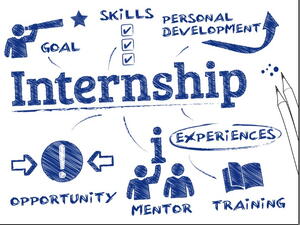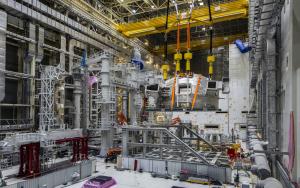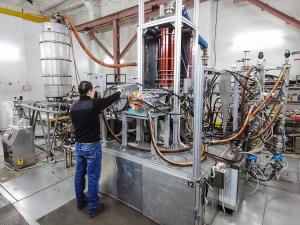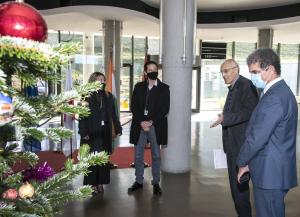What’s New
6 December 2021
ITER news digest for the period of 29 November 2021 to 6 December 2021.
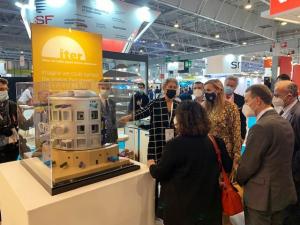
ITER at the World Nuclear Exhibition 2021

SOFE 2021 goes virtual
